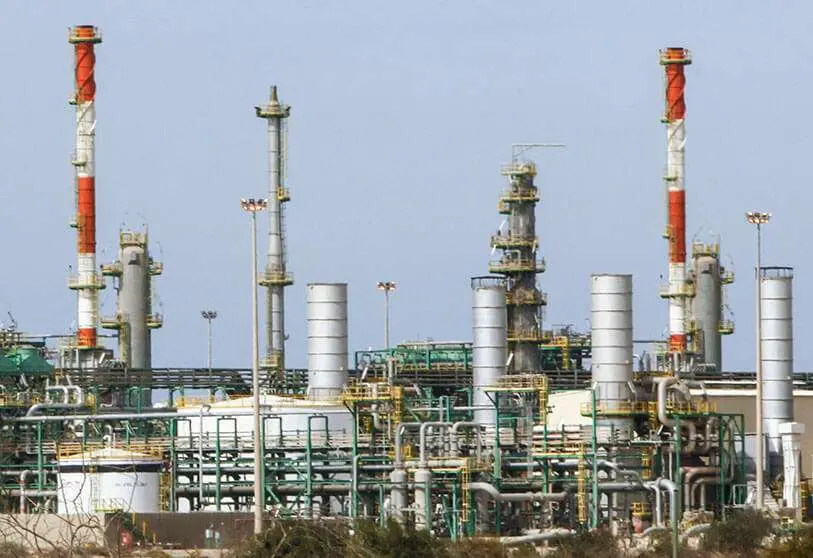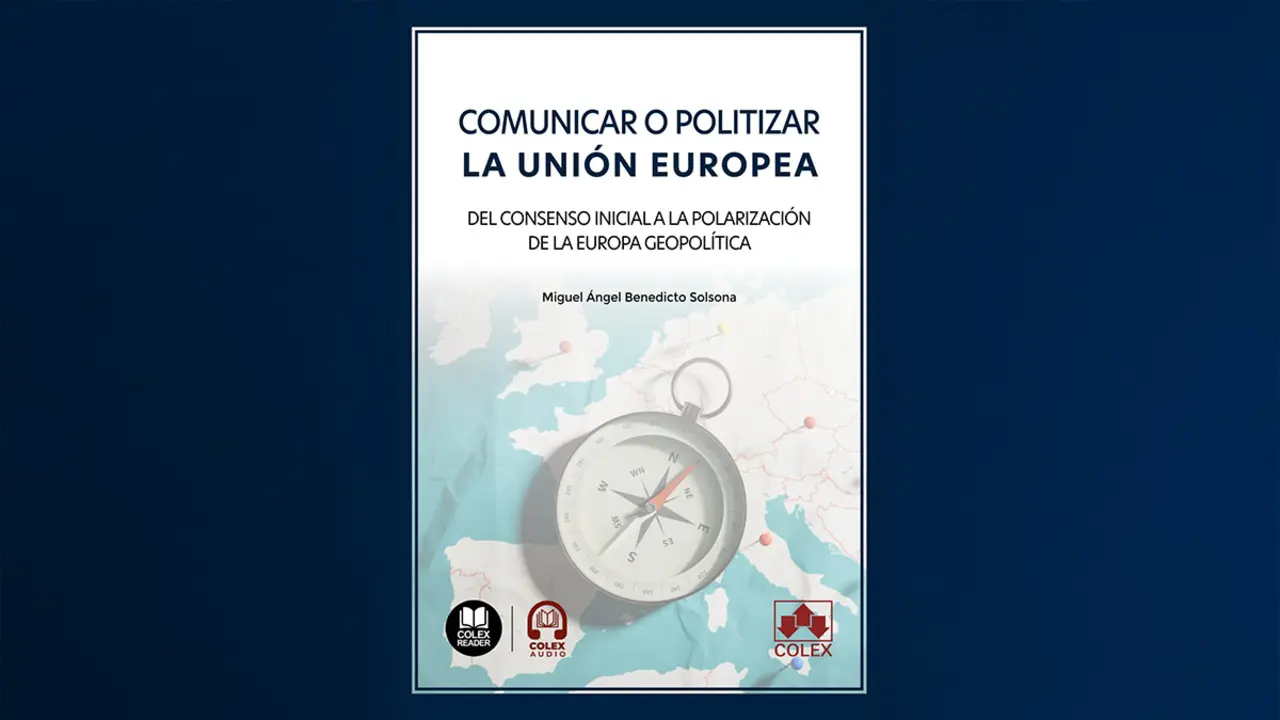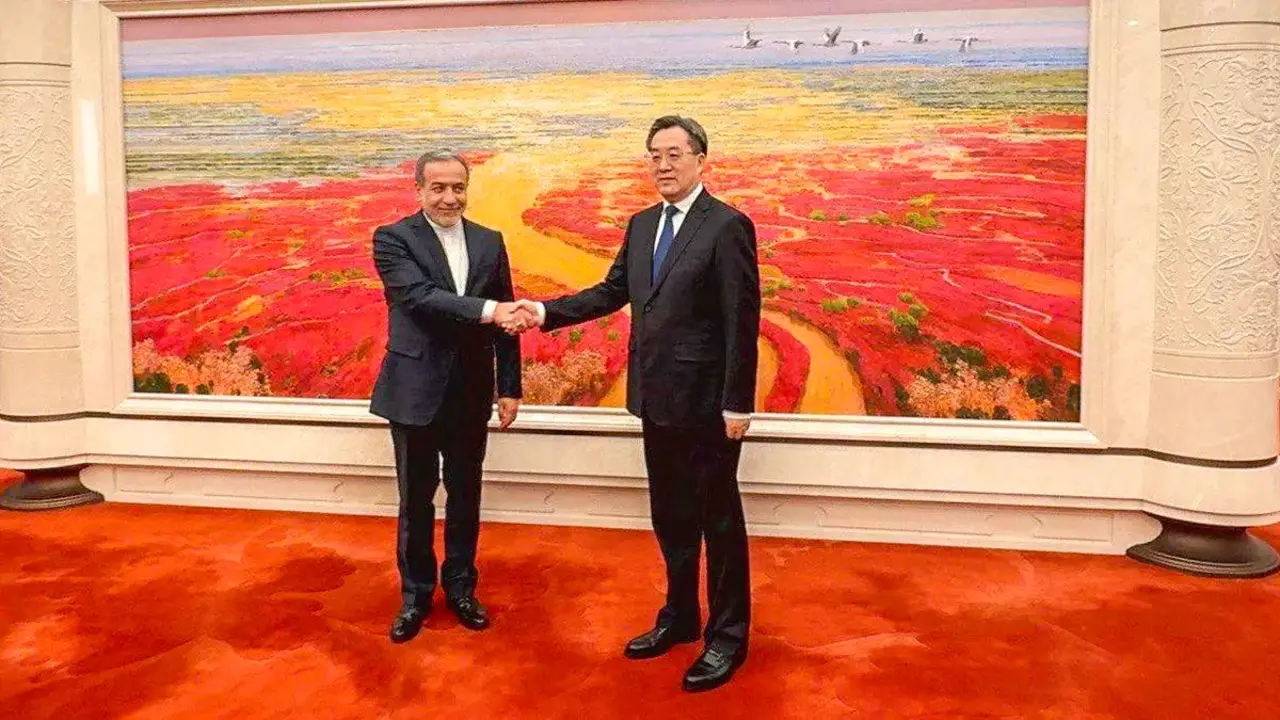Pro-Turkish militias attack Italian gas plant in Libya

New episode in the Libyan war with energy resources as protagonists. The pro-Turkish militias that support the Government of National Unity (GNA), led by Prime Minister Fayez Sarraj, have assaulted a gas complex operated by the Italian company Eni, Mellitah, located in the west of the country.
The attack was the responsibility of a cell based in the pro-Turkish Libyan city of Zuwara, Al-Ain has learned. The assailants managed to forcefully close the gas pipeline that crosses the sea towards the Italian coast of Gela, in Sicily - of 520 kilometers - interrupting the pumping of gas to the European country for a few hours. Production has already resumed at the facility, according to information from an official of the Oil Workers' Union published in the local newspaper Sada. Through Greenstream - the name of the pipeline - Libya provides Italy with 11 billion cubic meters of gas a year.
The offensive against Mellitah is said to have been in response to the agreement signed on Tuesday between Italy and Greece, which would have infuriated Turkey. The pact signed between the two EU member states provides for the demarcation of the borders of the exclusive economic zone in the Ionian Sea, which separates the two neighbouring countries. In practice, this means that the rights of Rome and Athens to energy exploration, use of maritime resources and fishing are recognised, although more specific details have not been forthcoming. The understanding puts an end to an issue that had been pending for 40 years, said Greek Prime Minister Kyriakos Mitsotakis. "Today is a good day for Greece, Italy, Europe and the whole Mediterranean," said the Greek head of government. "Today is a historic day," added Greek Foreign Minister Nikos Dendias. Italian diplomat Luigi di Maio said the agreement was a "major achievement" and meant that "we are holding on to our common region, the Mediterranean". Clearly, Turkey has not seen it that way.
It should be recalled at this point that Ankara signed an agreement with the Libyan NAM last November which allocated large areas of the eastern Mediterranean, where there are significant pockets of gas. In fact, only a few weeks ago, Turkish vessels began to carry out exploration and drilling work on this resource, to the indignation of Community countries, such as Cyprus and Greece, which are claiming these areas under their sovereignty.
A denunciation that has also been shared by other powers, such as the European Union, the United States, Russia, Egypt and Israel, which have openly criticized the agreement between Turkey and the Sarraj government and have asked the president of the Eurasian nation, Recep Tayyip Erdogan, to "forge a more conciliatory delineation of the waters of its territorial strip with Greece," explains analyst John Psaropoulos in Al Jazeera.
The agreement signed between Rome and Athens gives the latter explicit recognition of its right to have maritime zones, something Ankara has always rejected. The pact is therefore a major setback for Turkey, since it isolates it even further from the Mediterranean orbit.
What is surprising about this last episode is the play of interests of the actors involved. The pro-Turkish militias, which serve the ANG, have attacked an Italian installation, and it should be remembered that Rome signed a bilateral agreement with the Sarraj government last week to strengthen cooperation between the two administrations; Ankara would therefore have directly attacked an ANG ally.
The understanding between Italy and the GNA includes the transfer to the Government of Rome of the exploitation of the Maitika/Mitiga Airport, which will be rebuilt by an Italian consortium once it is cleared of the mines that, according to the GNA, were left by the rival faction, the Libyan National Liberation Army (LNA), in its withdrawal. "We have signed an agreement with Italy to receive technical support and skills to remove mines and remnants of war," the Libyan prime minister said at the time. The cost of the work on the airfield, which will last about ten months, amounts to 79 million euros.
One of Turkey's interests in the Libyan dispute is its energy resources, as demonstrated by its recent actions. In fact, this Monday, Erdogan himself admitted in a television interview that he was trying to take control of the oil city of Sirte. "The operations in this Libyan city are important and sensitive, due to the presence of oil and gas wells," he said.








